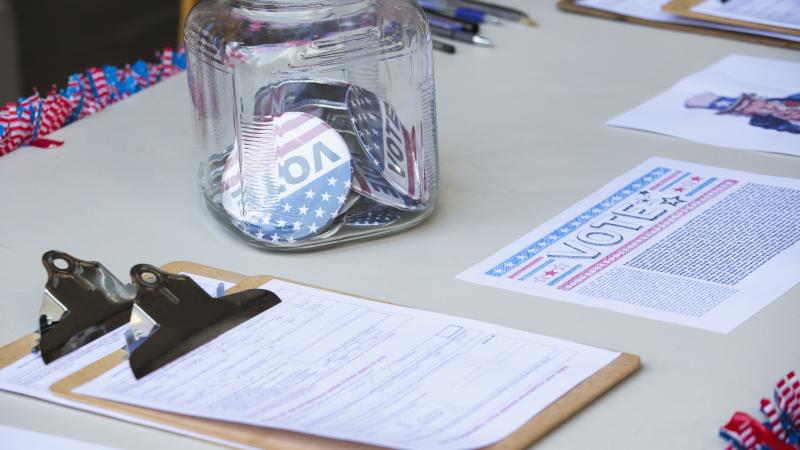Biden's green energy plan, botched Afghan withdrawal boost China's rare metals monopoly
U.S. mandate for electric cars and Afghanistan's lithium reserves spell good news for Beijing.
At first blush, it may not seem that the Democrats' $4.5 trillion infrastructure and spending plans and President Joe Biden's bungled exit from Afghanistan have a nexus. But they do in China's rare metals monopoly.
Beijing already dominates the rare metals market needed for electronics, electric car batteries and computers, a reality made more painfully obvious with the current computer chip shortage that is slowing production of new U.S. cars.
And now with the haphazard U.S. withdrawal from Kabul, one of the world's largest untapped deposits of lithium — estimated by some at $1 trillion in Afghanistan — is poised to fall into China's hands just as Biden has ordered that half all U.S. cars be electric by 2030 and congressional Democrats prepare to vote to invest tens of billions of dollars more to push that goal further.
The irony of the connections is not lost on world leaders.
"So the West wants to go green with electric cars. To do that you need lithium for batteries," British politician Nigel Farage tweeted last week. "Afghanistan has by far the largest lithium deposits in the world and Biden has just handed them over to China."
Market experts already see China and the Taliban working a deal.
"Chinese dealmakers have their bags packed, and will arrive on the first flights after the airports open," Byron King, geologist and mining and energy writer for Agora Financial, told MarketWatch last week.
U.S. Geological Survey data projects that Afghanistan may hold unexplored mineral reserves worth as much as $1 trillion. The government of Afghanistan estimates the value could be as high as $3 trillion. The challenge is getting it extracted, particularly in remote areas.
Western governments that worked with the Afghan government helped grow some smaller scale mining, but now experts believe China will be free to work with the Taliban for a more systemic exploitation like it did with Africa's minerals.
Republicans in Congress have been raising alarm on the electric car push by Biden and the Democrats, citing the enormous reliance it will create on China.
"What it does is it forces Americans to rely on batteries to drive your car," Rep. Marjorie Taylor Greene told Just the News on Friday. "Right now we have oil, gas, we've got gas, diesel, and you can choose to have an electric vehicle, which I'm not against, but the government making it by law that you can't drive a gas or diesel truck ... and you're forcing America to rely on China.
"China dominates right now 80% of the rare earth mines all over the world," she added. "And they dominate the battery market by 75%. And now China is moving in rapidly. And they've already been negotiating this deal with the Taliban for a long time. They want the mining rights to over 1 trillion of rare earth minerals in Afghanistan.”
Even The Washington Post, where the editorial pages support both clean energy and Joe Biden, see a massive imbalance that could disadvantage the United States.
"China dominates battery production today, with 93 gigafactories that manufacture lithium-ion battery cells, vs. only four in the United States," the Post warned in February.













